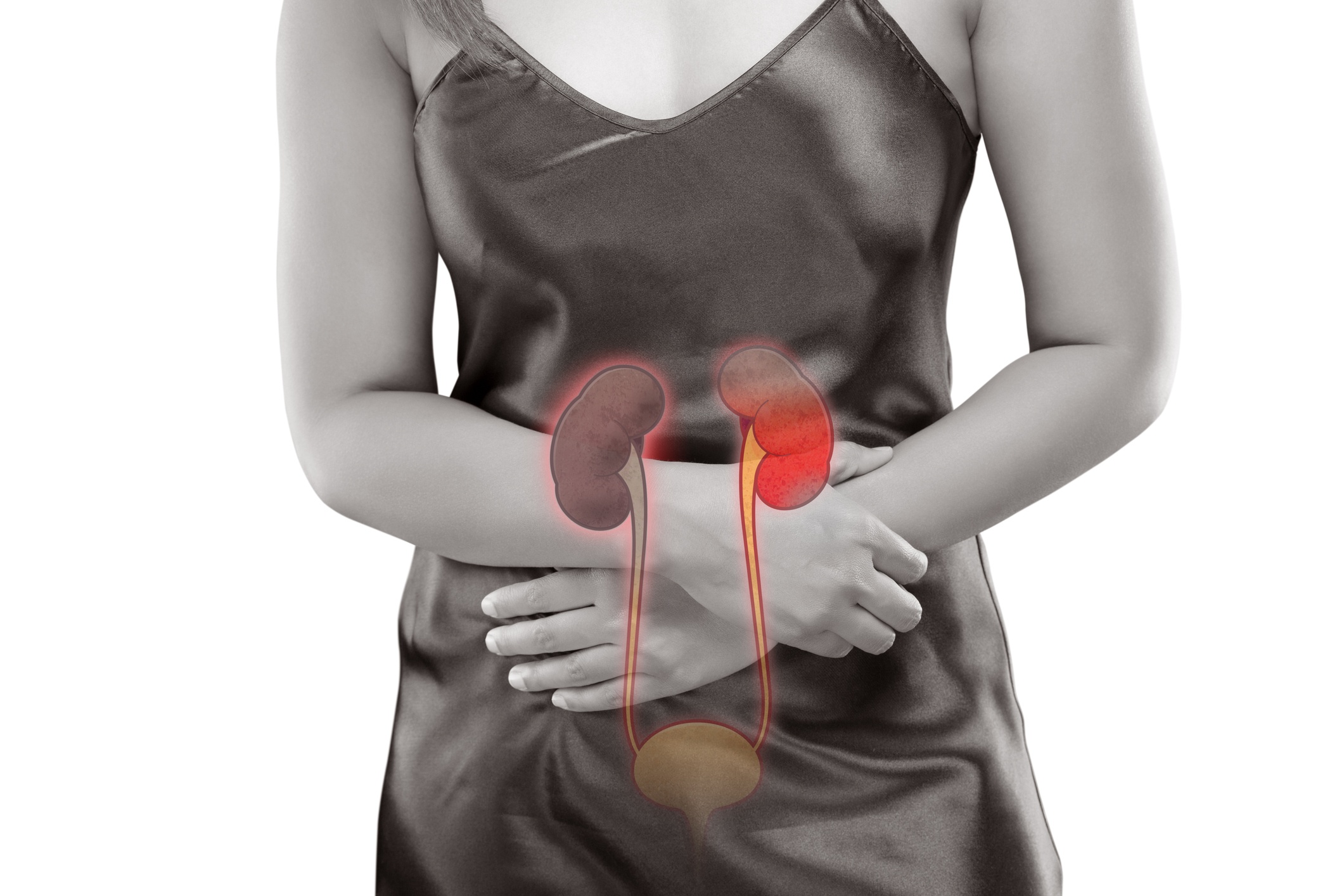How is PCOS Diagnosed?

Polycystic ovarian syndrome (PCOS) affects women suffering hormonal imbalances involving lutenizing hormone, progesterone, follicle-stimulating hormone and several other hormones. The primary consequence of PCOS is ovarian dysfunction that interferes with development and release of eggs during ovulation. This often causes infertility which sends many women to their doctor for a fertility evaluation. In addition to infertility, symptoms of PCOS include irregular menstrual cycles, excessive hair growth on the body, acne outbreaks, weight gain and development of skin tags.
Diagnosing PCOS
No specific test is available to diagnose the polycystic ovarian syndrome. Instead, your doctor will ask about your health history, weight issues and regularity of your menstrual periods. Additionally, your doctor may want to do a pelvic exam to check for signs of growths, test hormonal levels through blood testing and evaluate your uterus and ovaries via ultrasound imaging. Following a diagnosis of PCOS, your doctor will recommend several treatment methods to eliminate unwanted symptoms. Making healthier lifestyle choices to reduce weight, taking birth control pills to regulate hormones and stop overgrowth of body hair and using medications to restore normal ovulation are a few effective remedies for polycystic ovarian syndrome.
Treatment for Infertility Due to PCOS
In some cases, women with PCOS may resolve symptoms with lifestyle changes and medication but continue having trouble getting pregnant. When this happens, there are several alternatives available to significantly improve the chance of conceiving. These include:
Intrauterine Insemination (IUI)
The IUI procedure involves insertion of sperm into the uterus to promote fertilization. The goal of intrauterine insemination is to multiply the population of sperm reaching the fallopian tubes to increase chances of fertilization. One of the most commonly performed techniques to help women achieve pregnancy, IUI is also minimally invasive, cost-effective and requires no recovery or downtime.
In-vitro Fertilization (IVF)
IVF involves extraction of eggs from the infertile woman, retrieving sperm from a partner or donor and combining the sperm and egg in a laboratory dish. Once an embryo develops, the embryo is then removed from the dish and placed in the uterus where it will continue to mature. IVF is slightly more expensive than IUI and is typically recommended for women with damaged/blocked fallopian tubes, uterine fibroids, premature ovarian failure or women with absent fallopian tubes.
If you suspect you have polycystic ovarian syndrome and have had trouble conceiving, please call NY Reproductive Wellness today at (516) 612-8466 to schedule an appointment with our fertility doctor.







